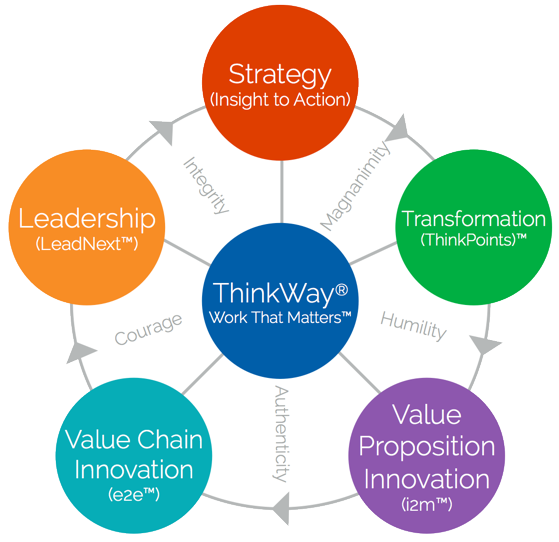 I remember a heated discussion at Kraft among some EVPs and their staff on the subject of “meetings” (actually there were several heated discussions on this subject but one in particular stands out). Everyone’s schedule was plugged, often full for the next 4-6 weeks, and the argument was about whether or not they were spending their time on the right things. In the heat of the moment, I was asked to take several months of calendars from those in the debate and classify everything on them into categories of what mattered and what didn’t. Very interesting assignment, to say the least.
I remember a heated discussion at Kraft among some EVPs and their staff on the subject of “meetings” (actually there were several heated discussions on this subject but one in particular stands out). Everyone’s schedule was plugged, often full for the next 4-6 weeks, and the argument was about whether or not they were spending their time on the right things. In the heat of the moment, I was asked to take several months of calendars from those in the debate and classify everything on them into categories of what mattered and what didn’t. Very interesting assignment, to say the least.
Of course, nobody wanted their calendar exposed to the world so they told me in no uncertain terms that the calendars were for my eyes only. No one else was supposed to help me with the assignment (which was unfortunate for me because I’m not very well suited for some of the monotony of the task). So I spent a few weeks, alone, going through hundreds of meetings and trying to figure out what the subject was and how to classify everything.
Now, several years later and with a lot more experience across several more industries, I think I would have categorized things differently. In fact, I would have told them that the work that matters for senior leaders of any business falls into five broad buckets and the work that doesn’t matter as much goes in a separate pile to be attended to in a different way.
I wish I had a better ending to this story but the reality is that the argument died down and the classification of the way their time was being spent went nowhere. Which was an unfortunate outcome because had they taken the time to study the results they would have learned they were spending way too much time in the financial forecasting process; a process we learned a few years later was consuming more white collar resources than any other process in the company.
As a leader, we need to always be asking the question of how we’re spending our time. We need to be able to distinguish between what matters and what doesn’t. Then, we need to focus on the Work That Matters.
